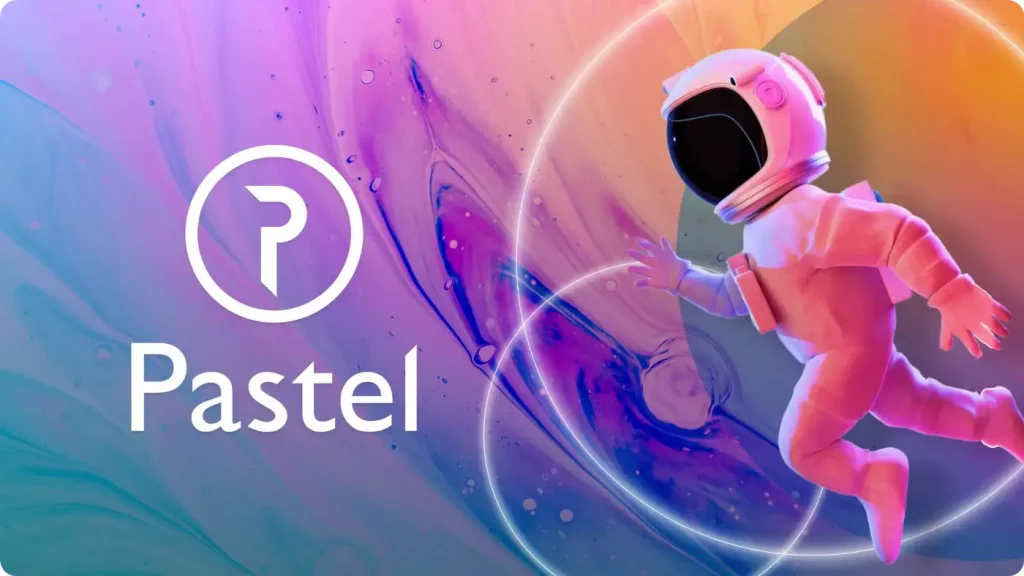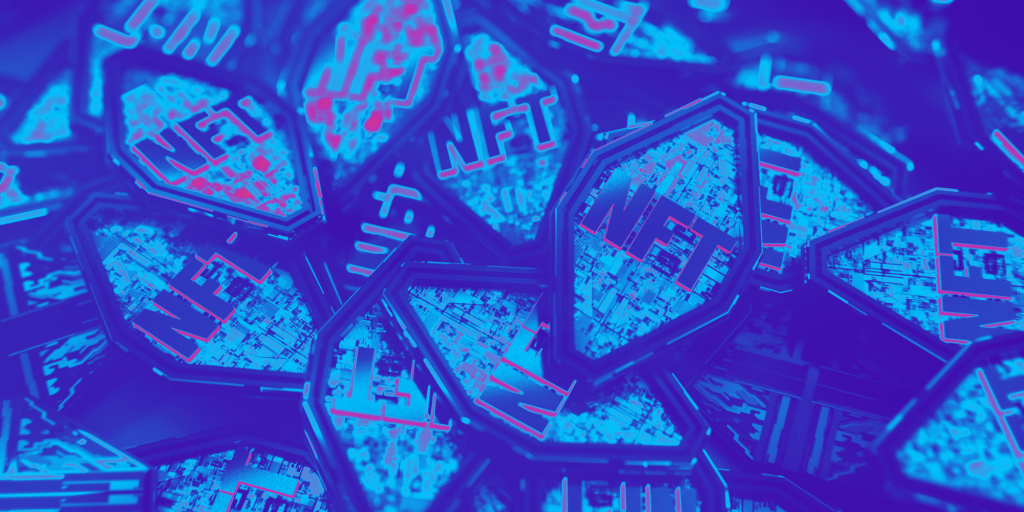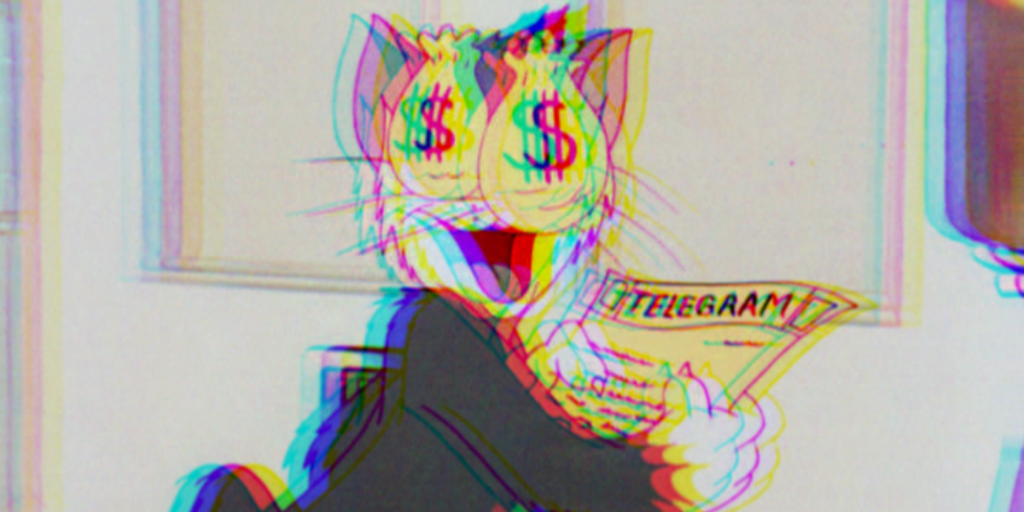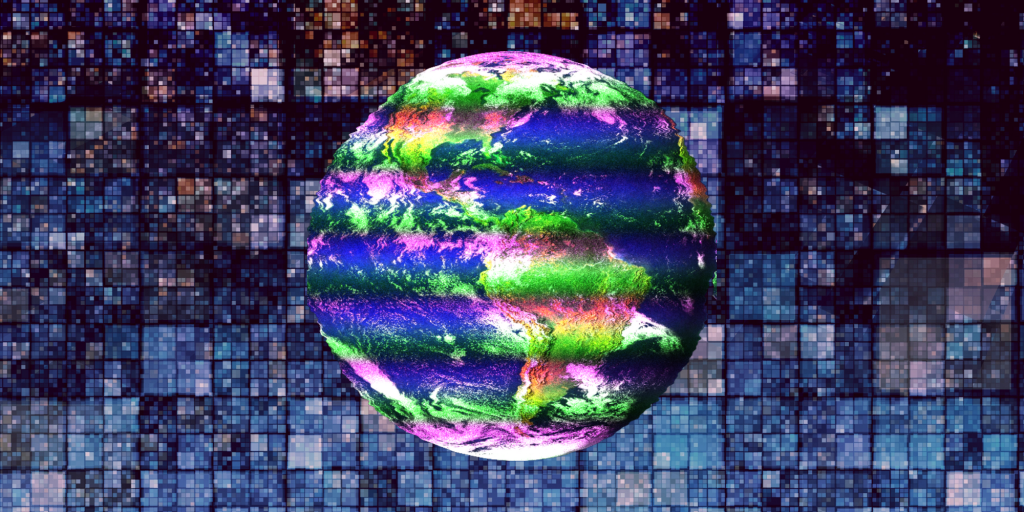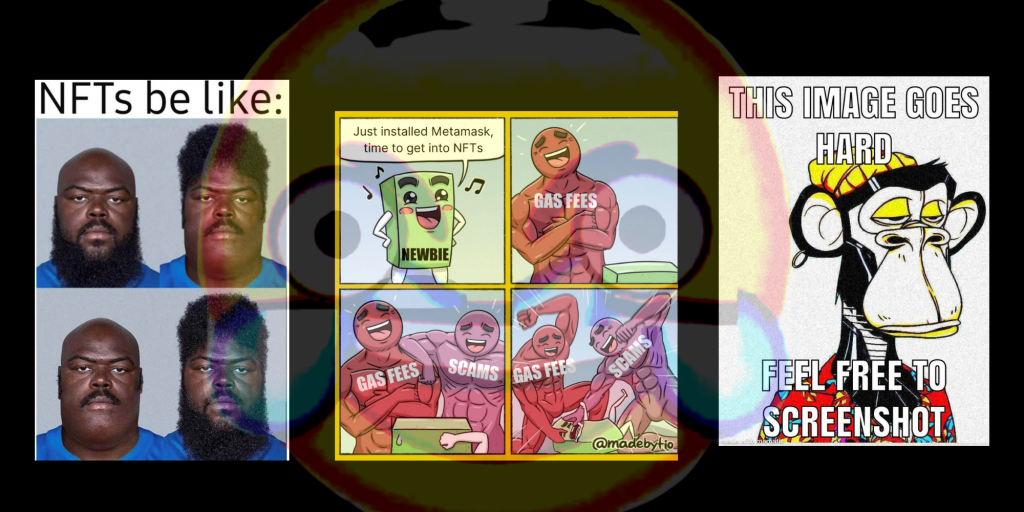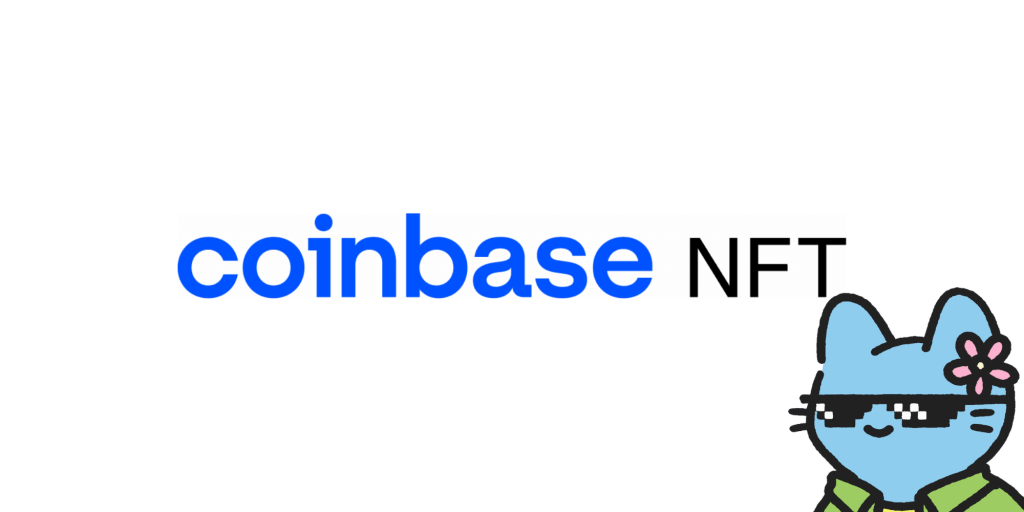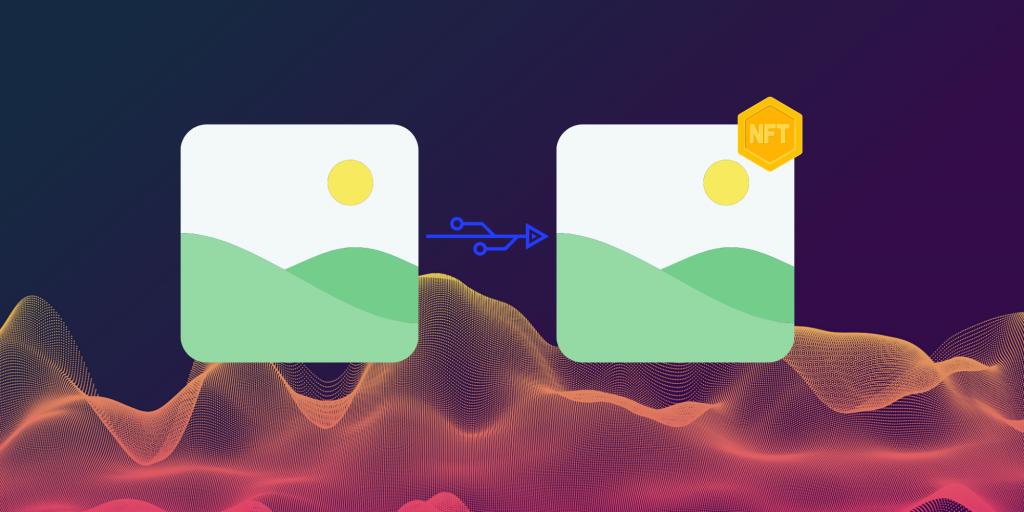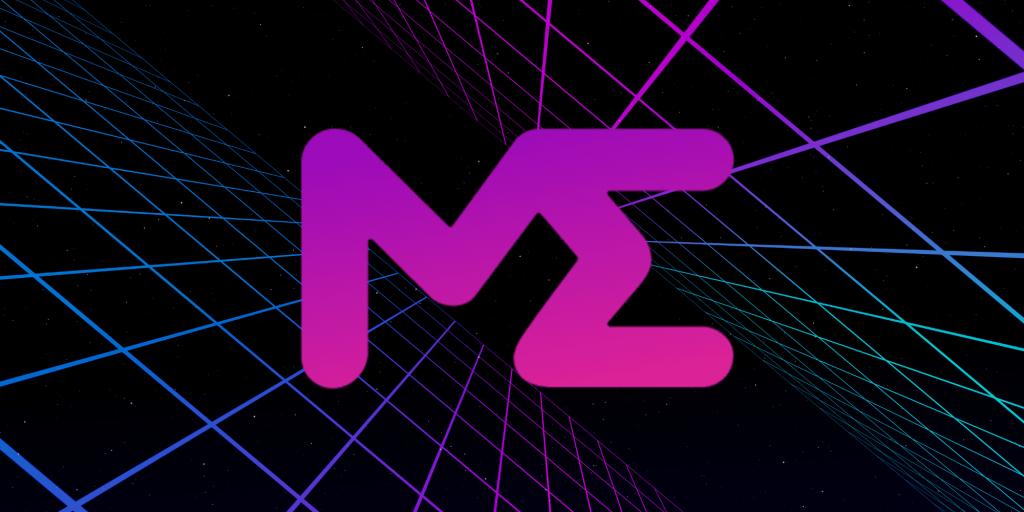Music NFTs are digital assets stored on the blockchain and represent ownership of a piece of music. They’re used to buy, sell and trade music rights and grant owners benefits such as royalties.
Most NFTs are typically associated with digital art and collections such as Bored Ape Yacht Club; however, their technology can also impact how we buy and sell music.Â
The music NFT idea is to give power back to musicians, helping them directly sell and collect royalties through their craft. In the modern music industry, streaming platforms such as Spotify have resulted in 50% fewer album sales since 2010. This has left musicians struggling financially, with groups such as the Union of Musicians and Allied Workers protesting against Spotify for higher payouts.Â
Music NFTs let musicians sell directly to their audience, increasing the amount they make from each sale. They also let musicians give back to their fans, for example, the blockchain enables artists to “airdrop” each of their NFT holders exclusive new NFTs. These NFTs could include exclusive songs, gig access, and more.
This article will cover what music NFTs are, how music NFTs work, the different types of music NFTs, where you can buy them, and whether or not they’ll change the music industry.
What Are Music NFTs?
A music NFT (non-fungible token) is a unique digital asset representing music ownership. It can be bought and sold like any other NFT and often combines a visual component with a musical one.
Music NFTs can be purchased on digital NFT exchanges such as Royal. These exchanges let artists create tiered NFT purchase options based on fans’ interests. For example, on Royal, fans can choose between “Gold,†“Platinum,†and “Diamond†NFTs. Each tier offers additional benefits, including VIP tickets, signed vinyl records, and exclusive merchandise.
Once a music NFT is owned, it can be listened to like a normal piece of music or sold on NFT marketplaces such as OpenSea.
How Do Music NFTs Work?
Music NFTs work like traditional CDs. A limited number are released, and instead of limited edition CDs, fans can choose from different tiers based on the rewards offered by an artist.
They’ve already been used by celebrities such as The Chainsmokers, Snoop Dogg & Steve Aoki. Snoop Dogg, for example, released 25,000 Stash Box NFTs as part of his B.O.D.R. (Back on Death Row) album, selling each for $5,000. He made $44 million in revenue, which is drastically higher than what he’d earn through streaming.
Once sold, a music NFT can be used to track the use of a song, showing data such as how much it’s played and how often it’s sold, with musicians earning a royalty for each sale.
What Are The Types of NFT Music?
Music NFTs have two different functions.
The first function represents ownership and royalty share of a song. Known as Limited Digital Assets (LDAs), LDAs give fans a percentage of revenue from streaming royalties as long as they hold the NFT. This was first used on Royal by 3LAU, who minted the first LDA for his song Worst Case.
The second function of music NFTs is the right to stream a song. These NFTs give the owner the right to stream a song for an agreed period, but come with no additional benefits.
Artists are also looking for lucrative ways to give back to fans with NFTs. Like Gary Vee’s VeeFriends, artists are giving NFT holders exclusive access to limited edition merchandise, early access to concert tickets, meet and greets, airdrops, giveaways, and exclusive events to interact with the artist themselves. All fans need to do is hold the NFT to earn their rewards.
For example, in November 2021, American heavy metal band Avenged Sevenfold released an NFT collection known as the “Deathbats Club.†This 10,000-NFT collection gave holders the chance to earn free tickets for life, merchandise, and even the opportunity to hang out with their favorite band members.
Which NFT Exchange Can You Buy Music NFTs From?
If you want to buy a music NFT, you’ll need to use an NFT exchange. Popular exchanges such as OpenSea offer music NFTs; however, they’re somewhat limited compared to dedicated music NFT exchanges.
Music NFT platforms provide musicians and fans with features to create, listen to, buy and sell NFTs. Here are four of the best music NFT exchanges to buy your music NFTs from.
Royalty
Royalty helps music artists mint royalty music NFTs and lets holders share revenue from sales. All NFTs sold on the platform give buyers a royalty on each sale, ranging from 0.002% to over 1% per sale. The artist can choose what % of royalties go towards NFT holders, with artists such as 3LAU dedicating 100% of all royalty sales to his fans.
SoundXYZ
SoundXYZ is a music platform founded in 2021 that lets musicians create and sell music NFTs. It has a built-in wallet where users can hold their NFTs once purchased and a marketplace to buy and sell music. As of October 2022, musicians have earned $3,545,770.76 from sales on the platform.
Opulous
Opulous is a blockchain-based NFT music exchange that also offers DeFi loans. It offers music by artists such as Tyga and Lil Pump as well as music loans for new artists who need a financial boost.
GlassXYZ
GlassXYZ is a music NFT marketplace that specializes in music videos. Still in early development, the platform has ten music creators and 597 sales on the platform as of October 2022. It’s the perfect platform for music fans who love music videos.
Final Thoughts: Can Music NFTs Disrupt The Music Industry?
Music NFTs are still a relatively new concept but have shown a great deal of potential for both fans and artists.
Firstly, they provide musicians with greater control over their music, including how it’s used, how it’s shared, and most importantly, how they can profit from it. With a greater share of the profits, musicians could use NFT purchases to fund additional studio time and boost their overall musical career.
NFTs also allow artists to give back to their fans and build a stronger fan-artist relationship. They can offer a wide range of gifts to NFT holders, giving loyal fans a chance to meet their favorite band members, collect exclusive merchandise, and even earn free concert tickets.
By combining traditional album sales, concert sales, and NFTs, artists could begin to increase their income potential and connect with their fans in ways never possible in the past, creating an exciting new trend in the music industry.
